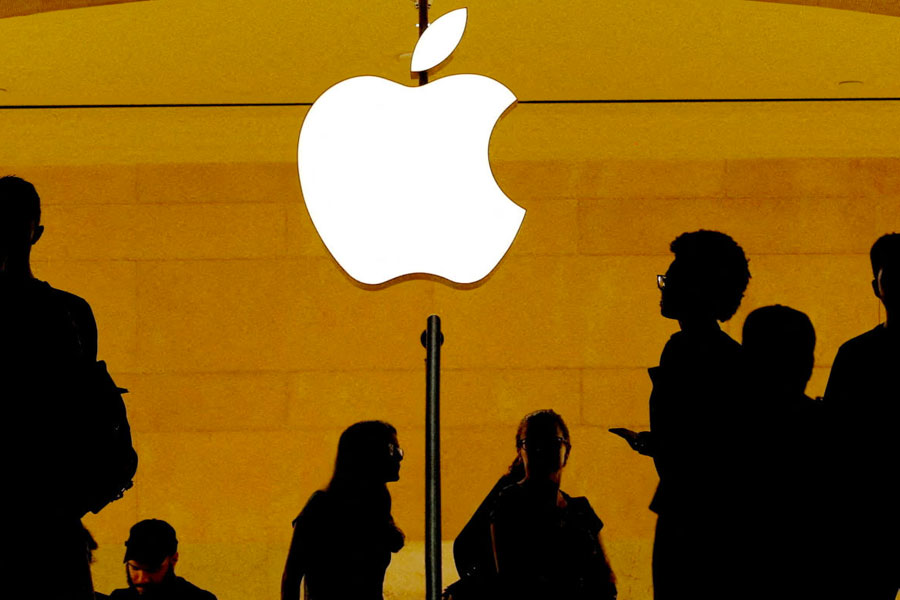EU regulators on Wednesday said Apple and Meta were the first companies to be penalized for violating a new law intended to increase competition in the digital economy, the latest in a string of regulatory setbacks for the tech giants.
Apple was fined €500 million and Meta was fined €200 million for breaking the law, the Digital Markets Act, which was adopted in 2022. The European law aims to keep big tech companies from abusing their position as digital gatekeepers that can unilaterally impose requirements on users and businesses.
Apple violated the Digital Markets Act by restricting how app developers could communicate with customers about sales and other offers, according to the European Commission, the executive branch of the 27-nation bloc. Meta broke the law by imposing a “consent or pay” system that forces users to either allow their personal data to be used to target advertisements, or pay a subscription fee for advertising-free versions of Facebook and Instagram.
Even as the US and EU tussle over trade, tariffs and the war in Ukraine, the penalties showed a consensus on both sides of the Atlantic over addressing the power of the world’s largest tech companies.
In the US, Google suffered two major antitrust defeats over the past year for abusing its power in Internet search and digital advertising. Meta is on trial in Washington over accusations that it squashed competition through acquisitions. Amazon and Apple also face US antitrust lawsuits.
European officials said the rulings had nothing to do with trade negotiations with the US, but it is unclear how the Trump administration will react. In February, the White House released a memo saying it would consider retaliation if the EU targeted American tech companies under the Digital Markets Act or the Digital Services Act, a law focused on curbing illicit online content and disinformation.
Meta said it was likely to appeal the ruling, calling it an attack on American companies akin to imposing steep tariffs on their services.
“The European Commission is attempting to handicap successful American businesses while allowing Chinese and European companies to operate under different standards,” Joel Kaplan, Meta’s chief global affairs officer, said in a statement.
“This isn’t just about a fine; the Commission forcing us to change our business model effectively imposes a multi-billion-dollar tariff on Meta while requiring us to offer an inferior service.”
Apple said it would appeal the decision and accused the commission of forcing it to make product changes that amount to giving its technology away.
“We have spent hundreds of thousands of engineering hours and made dozens of changes to comply with this law, none of which our users have asked for,” Apple said in a statement.
“Despite countless meetings, the Commission continues to move the goal posts every step of the way.”
The investigations of Apple and Meta started more than a year ago, predating the Trump administration’s trade and tariff fight with Europe. But regulating the tech industry has become entangled in the trans-Atlantic negotiations, with American tech firms seen as a possible target after the Trump administration’s efforts to tax European exports to the US.
New York Times News Service











